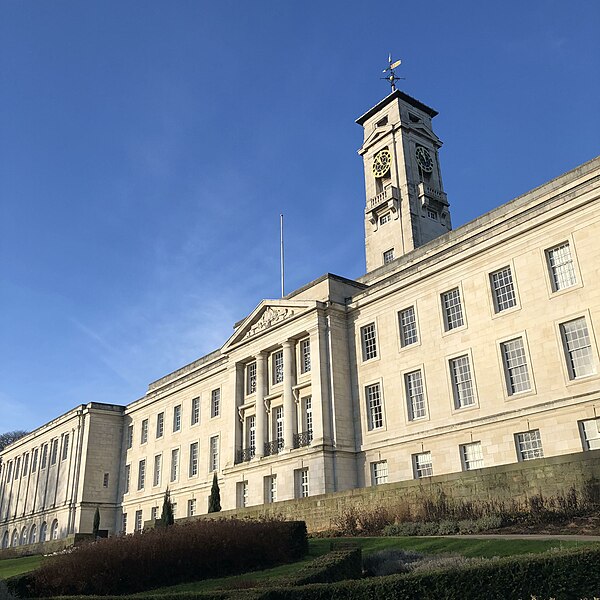
The University of Nottingham has been named a recipient of the Queen Elizabeth Prize for Higher and Further Education, the nation’s most prestigious honour for institutions in the sector.
The award recognises the university’s groundbreaking work to confront modern slavery through pioneering research led by its Rights Lab.
Formerly known as the Queen’s Anniversary Prize, the accolade is part of the UK’s national honours system and is granted to universities and colleges demonstrating exceptional innovation and delivering meaningful benefit to society.
The Rights Lab’s research, which has driven major advances in understanding and tackling modern slavery and forced labour, has already improved the lives of thousands of vulnerable people worldwide.
Professor Jane Norman, President and Vice-Chancellor of the University of Nottingham said: “We are immensely proud to win a Queen Elizabeth Prize for Education, the highest national honour for UK universities and colleges, for our research to tackle the major global challenge of modern slavery.”
Established in 1994, the prizes are awarded biennially by the Sovereign on the recommendation of the Prime Minister, following rigorous independent assessment by the Royal Anniversary Trust.
The Rights Lab rose to global prominence for its advanced data-driven approach to modern slavery research. Among its flagship projects is the first comprehensive mapping of Bull’s Trench brick kilns across the 1.5 million km² “Brick Belt,” where researchers identified 66,455 kilns using satellite imagery.
Prime Minister Sir Keir Starmer praised this year’s honourees, saying the 30th anniversary of the prizes showcases the vital contribution of UK universities and colleges. “Our institutions of higher and further education are among the very best in the world…they lead the cutting-edge research that drives progress, not just here at home but across the world.”
For Nottingham, the 2025 prize marks its third such honour, following awards in 2000 for MRI research innovations and in 2011 for its work on global food security.
The Rights Lab, founded less than a decade ago, has since become the world’s largest dedicated modern slavery research group. Its multidisciplinary team works at the intersection of geography, law, political science, business, and social policy.
Professor Zoe Trodd, Director of the Rights Lab said: “I am very proud of our Rights Lab team, the University of Nottingham, and our incredible partners. We are profoundly honoured by the prize.”
Professor Trodd said the Lab’s mission is to “shine a light into slavery's darkest corners,” using cutting-edge research to support governments, NGOs and businesses in tackling forced labour at scale.
Central to its work is the use of satellite data to detect slavery-related activity, ranging from agricultural fields to mines and brick kilns. The Lab identifies risk patterns, tracks environmental links to exploitation, and builds advanced models to expose slavery’s reach.
The research has generated major real-world impact: enabling the International Justice Mission to produce robust prevalence estimates, supporting Moody’s with a leading forced-labour risk tool for businesses, and equipping survivor-led organisations such as Volunteers for Social Justice with new mapping technologies that have helped free thousands of people.
The winners were officially announced at St James’s Palace on 25 November, with formal presentations scheduled for February 2026. Photo by Greentreepencil, Wikimedia commons.







































